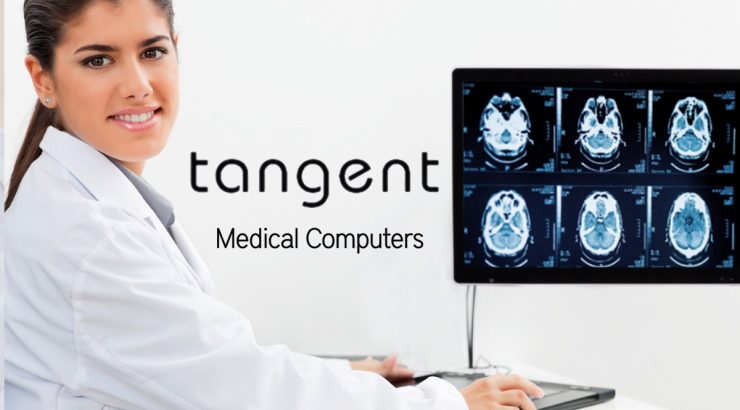As hospitals around the country reopen to elective procedures, unresolved challenges must once again be grappled with. One of these challenges is the reduction of hospital readmission rates. Hospital readmission refers to the readmission of a patient less than 30 days after a procedure, normally due to complications. According to the American Institute of Research, […]
Category: Antimicrobial POS
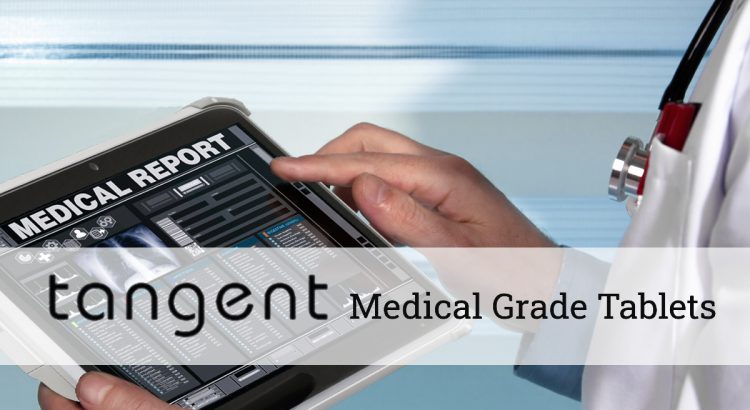
Medical PCs In The Hospital Setting
As the nation reopens, so too will our hospitals. The CDC has recently published guidelines for hospitals on how to go about opening their doors for services such as elective surgeries. As hospitals dealing with massive backlogs begin this process, making sure they have the equipment they need will be crucial. Medical PCs can help […]
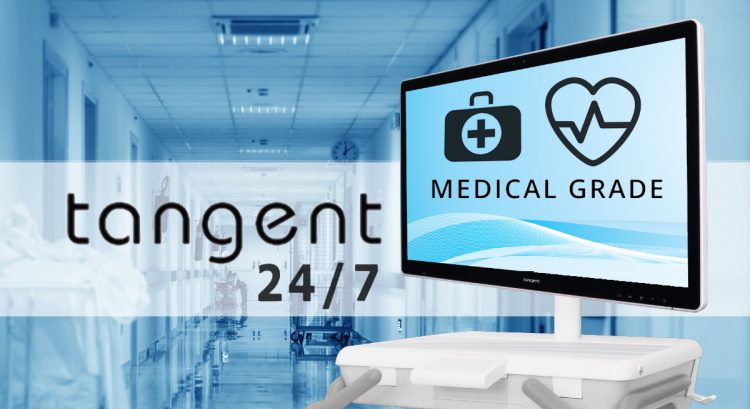
Reducing Frontline Healthcare Worker’s Stress And Anxiety
This crisis has taken a toll on all of us, but frontline healthcare workers have taken the brunt of this crisis. The doctors, nurses, and medical staff protecting the public health are doing so at their own risk. It’s no wonder then why some frontline healthcare facilities are seeing depression symptom rates of 50%. Experts […]

Washable Computers For Hospitals And Healthcare Facilities
Now more than ever, washing your hands is crucial to staying healthy. Touching a surface that someone else has touched without washing their hands is part of the infection process. However, making sure that the surface is regularly cleaned is an effective way of reducing the risk of this happening. To that end, Tangent has […]

Telehealth Computers: How to Effectively Set Up Your Hospital
In these times, it is becoming increasingly risky to have healthy patients enter hospitals where they can easily become disease vectors. Because of this, many hospitals are transitioning doctor visits to telehealth visits. Telehealth refers to medical computer based doctor visits, where a doctor uses a medical computer to video-chat with their patient. Telehealth has […]
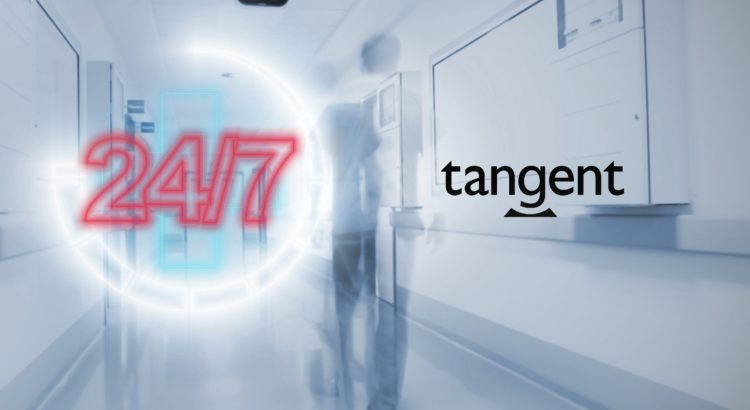
Medical All-In-One PCs for 24/7 Use
As one of the most trusted public services, healthcare facilities have an obligation to serve those in their community. Health emergencies can happen at any time, and as such hospitals are expected to be open 24/7. While medical staff can be shifted so that the hospital is constantly staffed and prepared for emergencies, the same cannot […]

You Can’t Stop Clostridioides Difficile In The Hospital, But There Is Hope
If you work in a hospital, you may be familiar with Clostridioides difficile (C. diff), a bacterium strain that causes antibiotic-resistant infections. While the prospect of antibiotic-resistant bacteria, commonly known as “superbugs,” are scary enough on their own, a new study in the journal Antimicrobial Agents and Chemotherapy has given us a new reason to […]
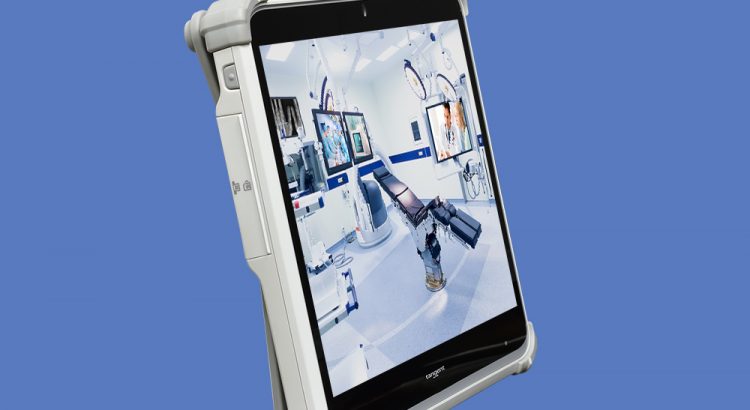
Medical All-In-One PCs
Tangent’s medical all-in-one PCs are built for 24/7 use in the hospital setting. Our line of medical all-in-one PCs are highly customizable to fit your workplace needs, and are designed with physician and patient safety and hygiene in mind. IP65 Sealed and Protected Tangent’s medical all-in-one PCs like the Medix T24B are IP65 certified […]
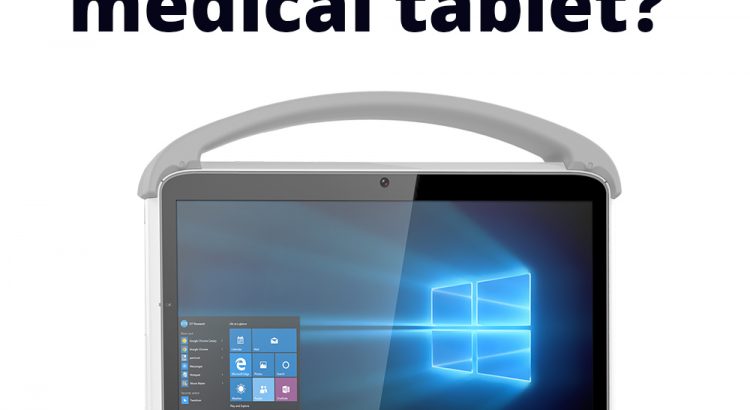
What is a Medical Tablet ?
As hospitals increasingly computerize their workstations, the use of paper records has dropped considerably. While the introduction of computers in the hospital space has drastically increased their efficiency, the mobility of information that physical paper records entailed was nearly lost. This is where Medical Tablets found their niche, offering the same benefits as medical PCS […]
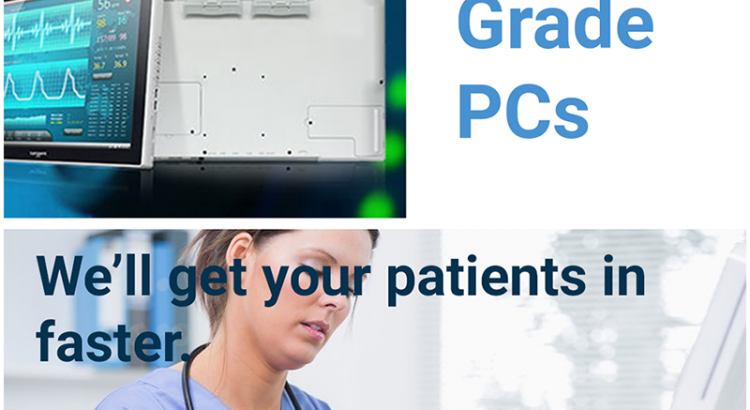
Medical Grade PC for Hospital Performance and Efficiency
The introduction of computers in the workplace has made a litany of everyday tasks more manageable and efficient. Nowhere else is this as clearly seen than in the medical setting. Computers in hospitals have evolved from being simple filing systems to being fully integrated and specialized tools that are indispensable to everyday operations. These computers […]
